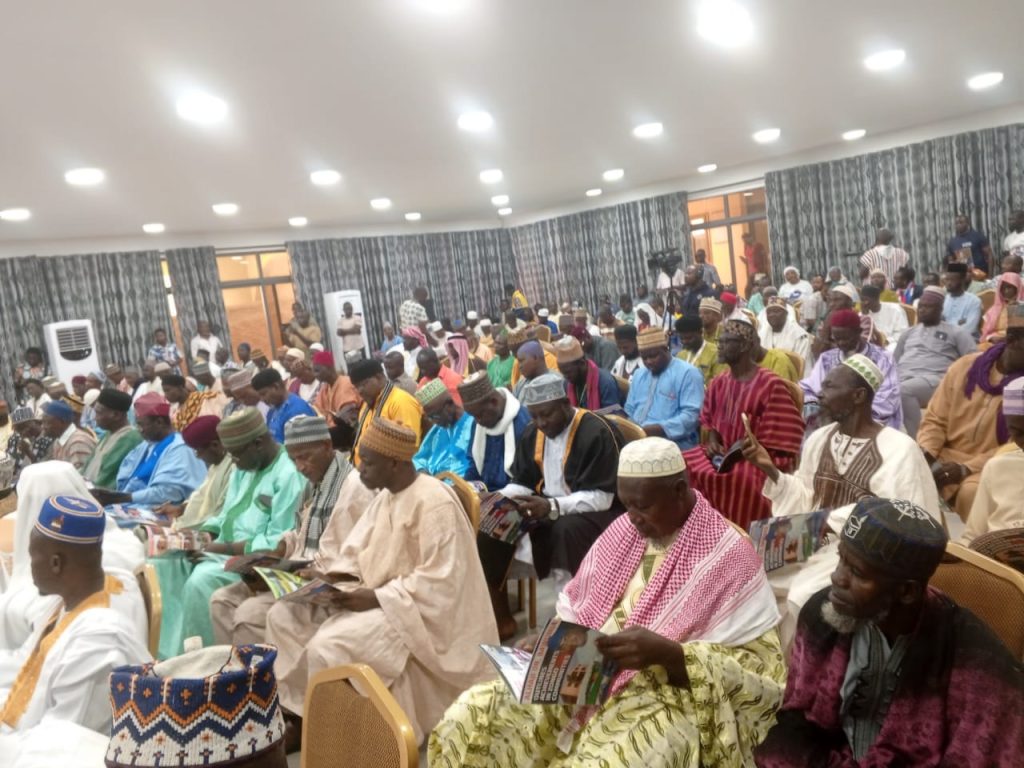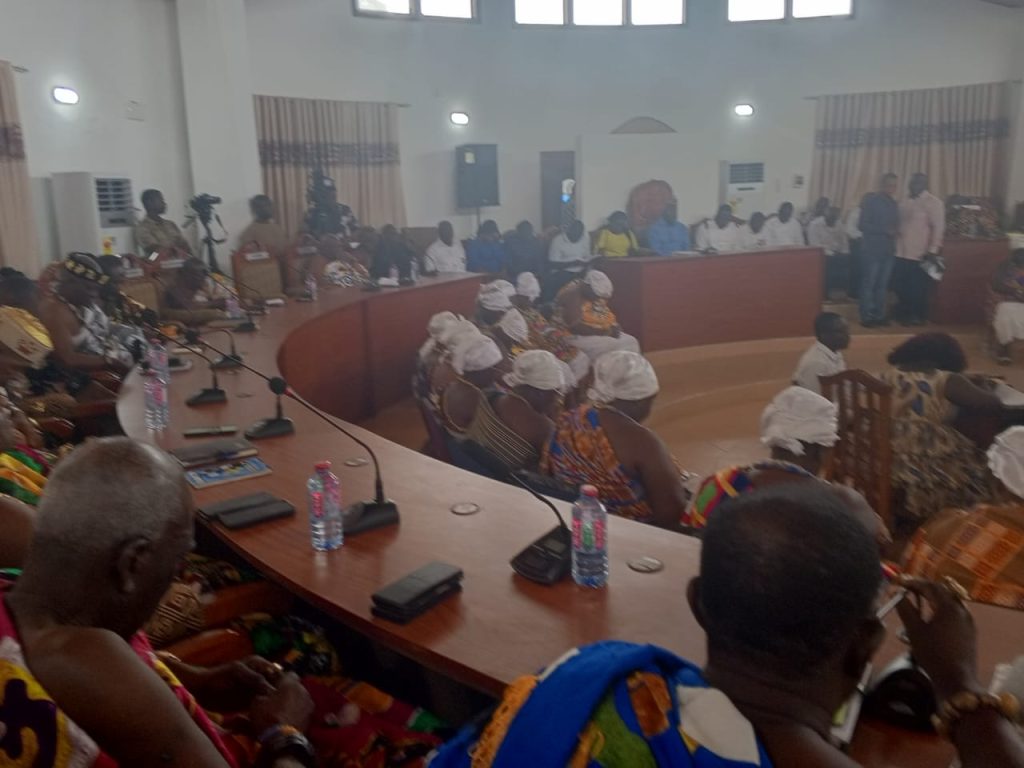By Isaac Arkoh
Cape Coast, June 4, GNA – Vice President Dr Mahamudu Bawumia, the Presidential Candidate of the New Patriotic Party (NPP), has pledged to establish a new teaching hospital for the residents of Cape Coast and its environs.
This medical facility, to be modelled after the University of Ghana Medical Centre, will be situated at the University of Cape Coast campus.
Dr Bawumia was speaking at a meeting with the Central Regional House of Chiefs to round up his two-day tour to the region on Monday.
The facility, when completed, is envisioned to function as a quaternary medical and research centre, offering training, research and world-class patient care services to the Central Region and beyond.

Health is a pivotal sector of the economy, hence the aim of government to enhance the health status of all citizens, irrespective of their location, gender, or political affiliation, he said.
“This aligns with the Government’s overarching goal of achieving universal health coverage and fostering a healthy populace,” Dr Bawumia said.
He underscored the need to reinvigorate the local capacity within the healthcare sector, emphasising that the country could not continue to rely on other nations for healthcare support.
The NPP Flagbearer highlighted the Government’s prioritisation of health as a fundamental aspect of prosperity, evident in its substantial investments in that sector.
After six decades of independence, he said there were still some 90 districts in the country without hospitals for residents.
A fundamental aspect to acknowledge was the Agenda 111 project, which represented a bold initiative by the Government to establish a hospital in every district.

He revealed that approximately 87 hospitals were currently under construction at various stages of completion nationwide.
In addition, Dr Bawumia highlighted his digitalisation campaign, citing the networking of hospitals, deployment of medical drones and the establishment of the e-pharmacy platform as major interventions aimed at improving healthcare accessibility for all citizens.
He elaborated the benefits of digitalising medical records within public health facilities, which had significantly enhanced efficiency, effectiveness, and productivity in service delivery, thereby eliminating queues and delays, and enhancing healthcare accessibility.
For the way forward, Dr Bawumia proposed the integration of medical records and patient history into a centralised database accessible by networked hospitals, facilitating seamless information sharing.
“We have commenced the interconnection of health facilities under the Ghana Health Service on a unified digital platform.
“Teaching and Regional hospitals have been interconnected, enabling seamless communication,” he said.
The Vice Present commended the enhanced services provided by the National Health Insurance Scheme (NHIS) due to digitalisation.
“The NHIA has digitised its operations to combat fraudulent claims. Mobile phone-based renewal of NHIA registration has eliminated bottlenecks and enhanced healthcare accessibility for those most in need.”
GNA